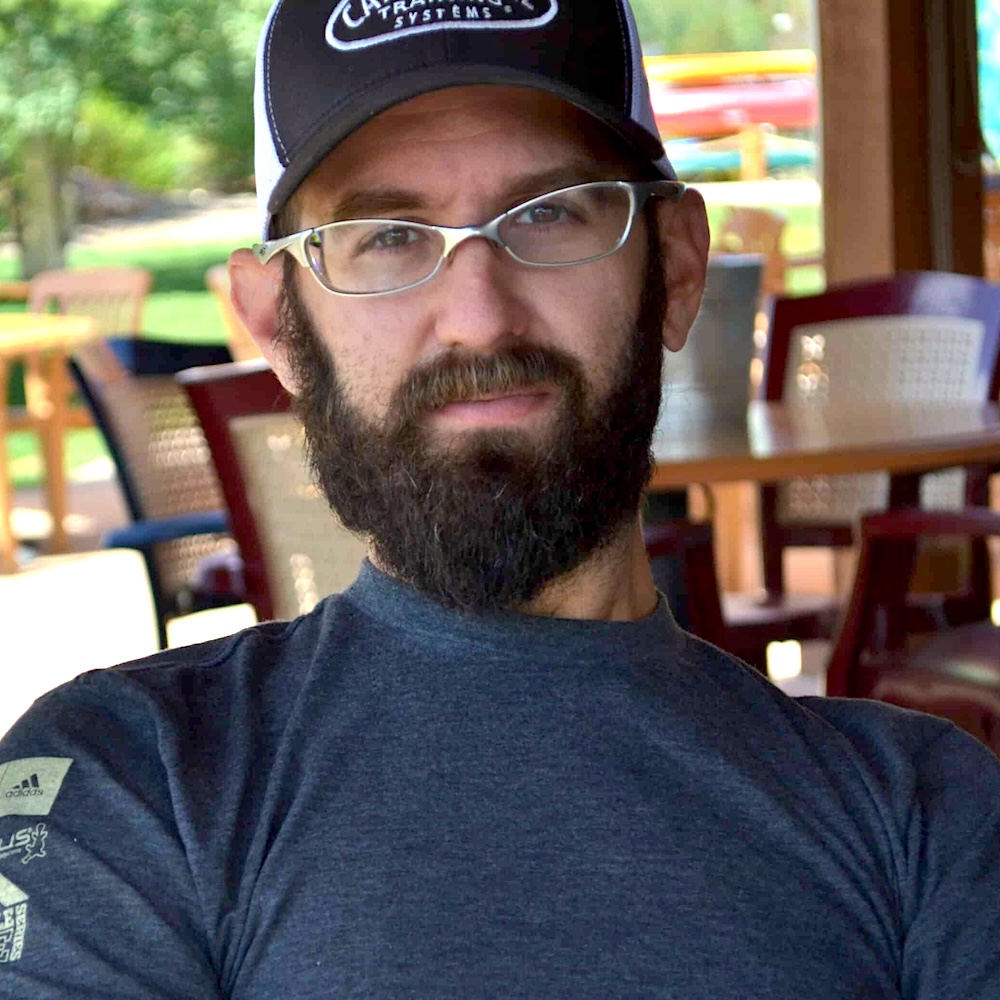
Is It Time For Age-Graded Time Cutoffs In Ultrarunning?
As the popularity of ultramarathoning has soared in recent years and hundreds of new athletes have flocked to the sport, the issue of cutoffs has become a more and more common topic of discussion. Particularly with older runners, many of whom have come to the sport for camaraderie and community, the seemingly arbitrary and occasionally confusing aspects of cutoffs have caused some older athletes to call on race directors to consider age graded cutoffs.
Put simply, age graded cutoffs would set certain standards for older athletes to meet which would be more generous than those for younger athletes. Similar to the Boston Marathon qualifying standards which become more generous with age, age graded cutoffs in ultras would take into account the natural slowing of the aging athlete while still providing a competitive platform for all athletes. These cutoffs would, of course, need to be fair, realistic, and consistently enforced.
I, for one, am a strong supporter of the notion of age graded cutoffs in long ultras (100K or above) as a means of leveling the playing field, allowing for greater participation across age ranges, and enabling older athletes, who many in the sport admire and cherish, to remain in the sport longer. While this adjustment would likely result in a bit more work and time commitment from race organizers and volunteers, I believe the positive feelings it would engender across the spectrum would far outweigh those challenges.
In order for RDs to consider age-graded cutoffs I would suggest a broad study of recent finishers sorted by age. From those lists, a set of standards could be established based on past data, which would allow race organizers to create some baseline age-graded cutoffs and then test them in their events. Perhaps they could use a simple structure such as 1-39 years old, 40-49 years old, 50-59 years old, and so on. I believe such a system would have positive ramifications across the sport in ways that would expand and enhance the experience for all runners, and allow even greater longevity in the sport, something we all aspire to.
► FREE Mini-Course: Learn How to Maximize Your Limited Training Time
Learn step-by-step how to overcome limited training time and get faster. Walk away with a personalized plan to increase your performance.
► Free Cycling Training Assessment Quiz
Take our free 2-minute quiz to discover how effective your training is and get recommendations for how you can improve.
"*" indicates required fields


Comments 5
I’m not a fan of age-graded cutoffs per se, but more for generous cutoffs for everyone. If the race can handle a wide cutoff period, why not do it and offer it to everyone?
Now, if the race is trying to be more demanding for a purpose, then it should be applied to everyone. For instance, it would be silly for Spartathlon to have a more generous cutoff for older runners, because the entire point is to finish it between dawn of one day and dusk of the next. Or, if a race literally does not want to have their volunteers out there so long, then that’s a logistical constraint that of course must be applied to everyone.
Otherwise, I’d say keep cutoffs as generous as possible for everyone.
Where did all the comments go that were here yesterday?
Author
Unfortunately, our website crashed yesterday and we had to restore to an earlier version. As a result, we had to republish this article and lost all of the past comments.
At 67, I feel I could run 100 miles if only given much more liberal cutoffs. Night-running is part of any hundo anyway. Being allowed to start the MMTR 50-miler two hours early allowed me to avoid cut-off panics that lead to overexertion and often a DNF.
…There are more aspects of age grading we should consider in ultrarunning races:
– qualification criteria –> yes, probably similar to Boston, i.e. different entry limits but total race window generous/same for all;
– result categories –> yes! often there are no age groups, only absolut ranking – e. g. ITRA
– cutoffs –> usually, time gates are calculated to avoid slower runners to risk e.g. injury in complex terrain after sunset, contact with wild animals etc. –> why not apply the same principle as for qualification?